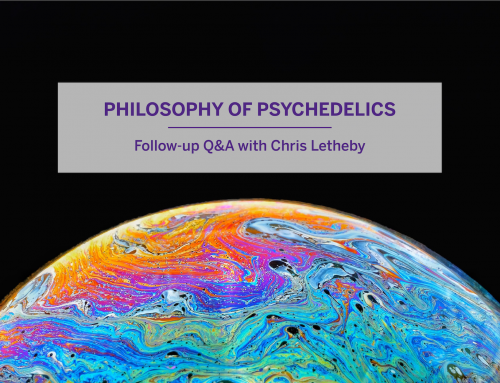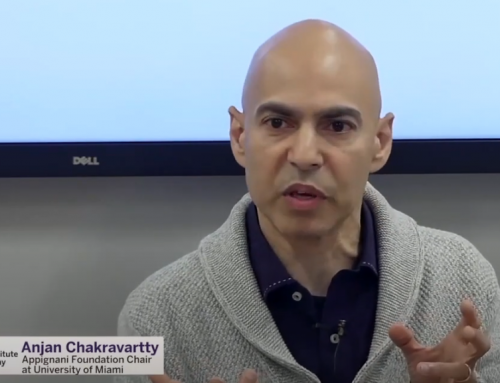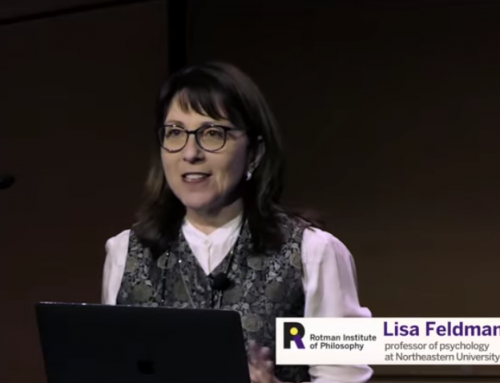Here’s the second lecture from the Rotman Summer Institute on Foundations of Statistical Mechanics from July 14-20, 2013. Lots more to come.
This is the first of three lectures in which Jos Uffink provides a discussion of the development and historical foundations of thermodynamics. This first lecture covers the prehistory, beginning with a discussion of Aristotle’s conception of heat. Uffink discusses how these Aristotelian conceptions held out until the turn of the 17th century when the conception of a thermometer was introduced, and when the caloric theory of heat becomes the predominant conception. Uffink discusses how at this time, Sadi Carnot introduced his work on the theory of maximum efficiency of heat engines. Next, the lecture focuses on how Kelvin’s and Clausius’s use Carnot’s research in their development of the laws of thermodynamics. The second half of the lecture shifts towards looking at the development of the Clausius, Kelvin, and Planck traditions and approach to thermodynamics. Uffink examines the assumptions, and presuppositions these historical figures make in their framework of thermodynamics.
Slides from the talk will be available shortly.
Thanks to Melissa Jacquart for editing the video, and writing the above precis of the lecture.





